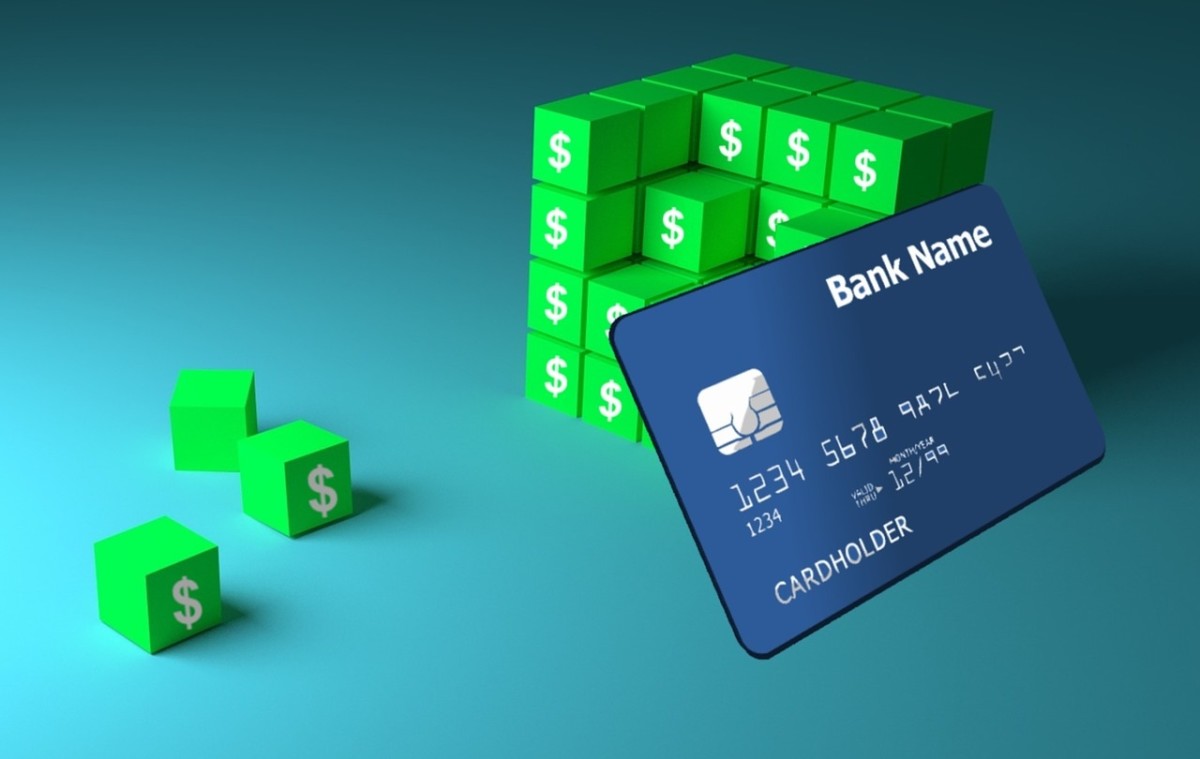Having a high credit score has several advantages, including cheaper interest rates on loans and credit cards. You can save money on insurance and security deposits for new utilities and telephone service if you have a high credit score. You can keep up a decent score by being aware of how the credit scoring system operates and following the regulations when you can.
Understand the components of a good credit score
Your payment history, credit utilization ratio, credit age, credit mix, and new credit are the five main factors utilized to determine your credit score.
Unfortunately, especially for those with lower incomes, many of whom are people of color, the credit score system does not always appropriately depict a person's lending risk. The inclusion of mortgage payments but typically not rent, which discriminates against racial minorities who have not been able to experience homeownership at the same rate as White people due to redlining, is just one example of how current scoring models have come under fire for perpetuating the bias inherent in the financial system.
On the plus side, individuals may now use services like Experian Boost to have utility payments reported on their credit reports. Rent payments can be recorded on your credit report through other providers. You still need to pay attention to how conventional scoring systems operate in order to retain your good credit score because lenders might use a credit score that isn't compatible with these services.
Pay your invoices promptly
Not just your credit cards and loans, but all of your bills depend on timely payments. Even if you don't use one of the third-party services that can report your on-time utility and rent payments to the credit agencies, if you fall behind on payments, payment activity on those accounts may still appear on your credit report. To keep your credit score high, continue to pay all of your bills on time.
Keep your credit card balances low
Your credit score will suffer the more your credit card amount exceeds your credit limit. To keep a decent credit score, your total credit card balances should not exceed 30% of your total credit limits; the smaller the number, the better.
Even if you intend to pay off the sum when your payment is due, it is dangerous to charge more than 30% of your credit limit. The balance will appear on your credit report because card issuers normally report it when your statement expires. It's a good idea to monitor your accounts online and make payments that will get your balances as close to $0 as feasible at the end of the billing month.
Keep old credit cards active
The three major credit bureaus—Experian, Equifax, and TransUnion—no longer receive updates when a credit card is closed, which lowers your credit score because inactive accounts are given less weight in the credit scoring methodology. The credit bureau will eventually remove the history of that cancelled account from your credit report, which will shorten your average credit age and lower your credit score after about ten years.
Your available credit is also decreased when you close a credit card. For instance, if you have three cards with a total credit limit of $10,000 and close one with a $3,000 restriction, your total credit limit will now be $7,000 instead of $10,000. Closing that card lowers your threshold by $900.3 because your objective is to keep your credit card balances at less than 30% of your available credit.
Don't apply for too much new credit
Your credit score might be negatively impacted by having too many credit inquiries, particularly ones from credit card companies. While multiple inquiries for a car loan or personal loan in a short period of time are treated as a single inquiry because they frequently only indicate that the consumer is shopping around for the best loan, applying for multiple credit cards in a short period of time can make you appear risky to lenders. Make sure you only request credit when it is actually essential. Your average credit age decreases when you open a new credit card account.
Examine your credit report
Just because you manage your credit properly doesn't guarantee that others will. Your credit score could be negatively impacted by errors that appear on your credit report.
Inaccurate information on your credit report might also result from identity theft and credit card fraud.
By regularly reviewing your credit report, you can find these errors earlier, fix them, and maintain a decent credit score.
Questions and Answers (FAQs)
What credit score do you regard as being good?
Depending on the sort of scoring system, the numbers may change. The FICO score, which most lenders use, goes from 300 (extremely poor) to 850 (generally regarded as outstanding), with 850 being the highest possible score.
Are there any drawbacks to having a high credit score?
A high credit score is generally a positive thing, but because you can access credit on favorable terms, you might utilize it more frequently. This could result in overpaying, paying fees and interest that you wouldn't have if you had paid cash, and lowering your credit score if you end up getting into financial trouble due to being overextended.
What is my credit score, and how can I find it?
Your most recent credit card or loan statement should provide your current credit score. The credit reporting bureaus also sell credit scores. A few credit services will request that you sign up for a monthly membership in exchange for your initial "free" credit score, so be aware of those.


